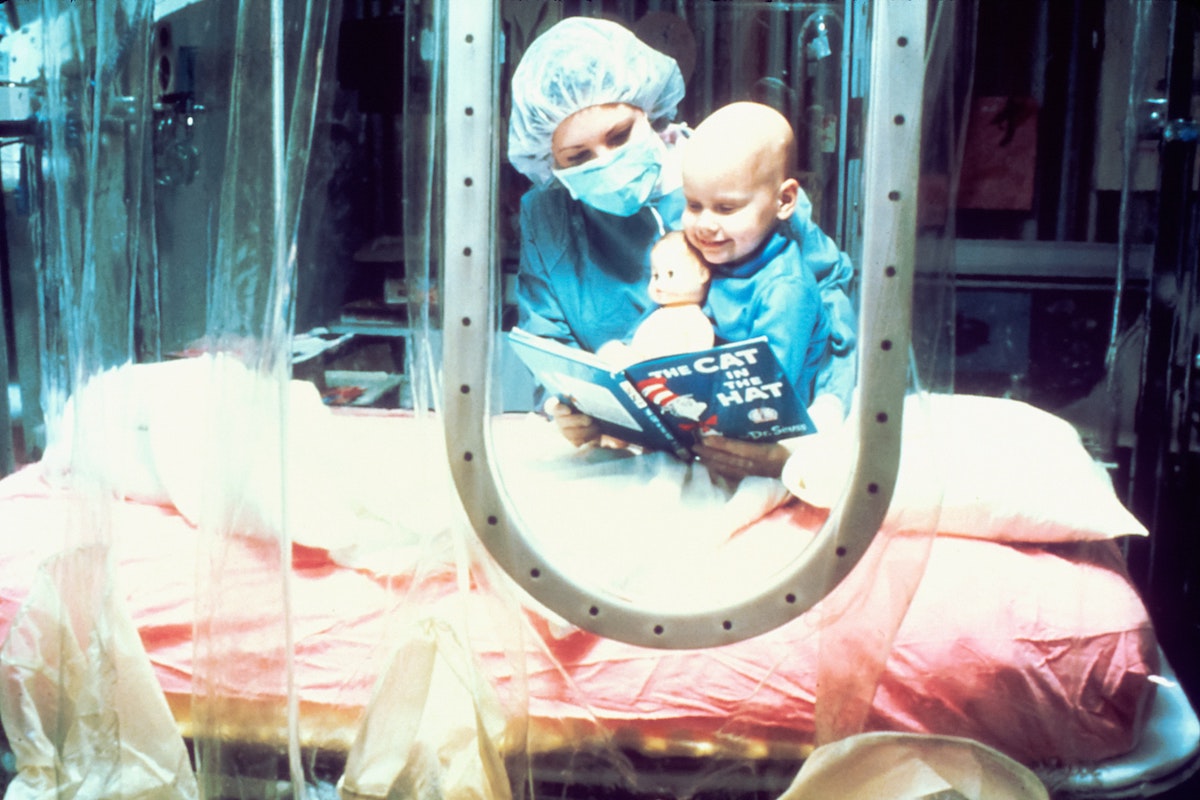The nursing industry is changing rapidly as the demand for care and advanced improvements in America’s increasingly complex system unfold. As a nurse or future nurse, changes in the health care industry mean that your roles, responsibilities and education should change to align with the shift in demand.
With more than 3 million registered nurses (RN), nursing is America’s largest health care profession. Nurses are recorded to also spend the most time delivering patient care among healthcare professionals. This means that nurses have unique skills and abilities to contribute along with other health care professionals in enhancing the quality of care now and in the future.
With the change in technology, health care, economy and patient needs, here are key trends that are changing the industry for current and future nurses.
1. Demand for nurses will rise

The US has been facing a shortage of nurses for years. This is due to retiring nurses, those who are choosing to leave the profession, an increase in the aging population, and the pre-licensure nursing education capacity or lack of faculty, among others.
Retirement is a common reason for turnovers. But population growth has resulted in more people aging, which is pushing the demand for more nurses.
The US has the largest aging population over the age of 65. As people age, the number of health conditions grows as well as chronic illnesses that require health care assistance. This means that organizations will also need to increase the number of nurses to safely provide the care needed by the patients.
Another main cause for concern is the link between nursing education and the nurses produced. There is a shortage of faculty, academic space and clinical sites necessary to train and produce qualified nurses. Without these resources, institutions are unable to handle the growing capacity of students who want to be future nurses.
Nurse burnout is another contributor.
Being a nurse requires more than just skills, it requires mental and physical strength. More nurses are leaving the profession because they are drained, emotionally exhausted and overworked.
2. Family nurse practitioner jobs will increase

Aside from registered nurses, nurse practitioners are projected to grow to 45 percent in 2030, quicker compared to other professions.
With an estimated median salary of more than $110,000, many are considering being nurse practitioners in the future. Aside from being a stable career, the autonomy that comes with the job is an added benefit for some.
At the moment, there are more than 270,000 nurse practitioners in the country and they give the necessary care to people as the U.S. isn’t just experiencing a shortage of nurses but a shortage of physicians as well.
Nurse practitioners will play an important role in filling the need for primary care physicians.
3. Future nurses will include more men

There’s a general consensus that nursing is a career for women, an idea that should be left in the past because that isn’t the case at all.
Nursing is a career that provides stability, security and a competitive salary, which is why it’s a job that many people are eyeing.
According to the U.S. Bureau of Labor Statistics (BLS), more than 12 percent of Registered Nurses in the US are male. That is a considerable improvement from the 2 percent male RNs in the ’70s.
Nursing is a profession that takes skill, hard work, presence of mind, and dedication, and there’s no gender requirement for the job.
4. Future nurses will need to pursue higher education

Nurses play a critical role in providing patients with high-quality care, especially given the aging population and an increasing number of patients with chronic conditions. It’s crucial that nurses have the education and training to treat them.
Other than that, future nurses have to pursue a higher degree. Registered nurses can be employed as nurse practitioners by getting a master’s degree in nursing. An MSN education opens up doors, giving you options on specialist nursing jobs and management positions. Both opportunities will mean better financial prospects.
If you’re interested in teaching, you’ll need to pursue a doctorate. A troubling faculty shortage will mean the demand for registered nurses holding a doctoral degree will be consistent. In 2020, nearly half of nursing applications had to be turned down because of the lack of teachers.
5. Future nurses need to be tech-savvy

Technology is changing health care, improving diagnosis and treatment. Another technology-driven change involves analyzing health care data, which makes it easier for nurses to do their job.
For example, if a nurse wants to have access to information about a patient’s medical records, she can log on using an electronic health record (EHR). The EHR is connected to a patient’s information which can be used by nurses to focus on the best ways to treat their patients.
As technology continues to change, so do patient access points. For example, patients can go on portals to see their medical records. Nurses must have knowledge of these technologies to best serve their patients.
6. Specialization is ideal for future nurses

The future is brighter for nurses who specialize.
Hospitals are becoming more complex and patient needs continue to change over time. So the role of a registered nurse is shifting; from one that has been historically confined to providing direct bedside care; to working in tandem with specialized physicians to providing comprehensive care for patients.
Several factors are impacting this transformation, but the availability of nurses with highly specialized skills is vital to meet this growing need. As more patients are coming in and fewer nurses and physicians meet the demand, the job of a nurse on the floor needs to change as well. This means that more nurses need to specialize in certain areas.
The goal is to shift the current healthcare model from one of patient-specific care provided by a single clinician — such as a doctor — on a particular shift, to one that relies on collaborative care involving multiple specialists to provide comprehensive treatment for complex medical and surgical conditions.
A career in the health care industry is rewarding. Given the right training, education and experience, your career as a nurse could lead to multiple opportunities in the future.




